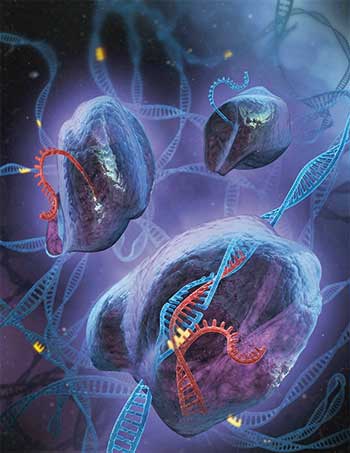Human Embryo Gene Editing Authorized for Research Purposes

 The Human Fertilisation and Embryology Authority (HFEA) has approved the use of the gene editing tool CRISPR on human embryos for research purposes. After a petition by a Francis Crick Institute’s group studying genes involved in human embryo development, the U.K. regulatory body has made a distinction -regarding CRISPR use- between research and clinical applications.
The Human Fertilisation and Embryology Authority (HFEA) has approved the use of the gene editing tool CRISPR on human embryos for research purposes. After a petition by a Francis Crick Institute’s group studying genes involved in human embryo development, the U.K. regulatory body has made a distinction -regarding CRISPR use- between research and clinical applications.
The team led by Dr. Niakan will use gene edition and transfection techniques that were already allowed, together with new methods based on CRISPR/Cas9 for a more precise genome alteration.
Researchers will use extra embryos donated by in vitro fertilization (IVF) patients. A better knowledge of how embryos between one and seven days old work will improve the number of successful IVFs. After this time, embryos will be destroyed.
Although initially the HFEA recommended to knock down genes using RNA interference, they finally agreed to allow the use of CRISPR after verifying its superiority respect to other methods in previous studies.
Knocking down genes active only in human embryo development
Dr. Niakan’s team aims to: characterize the molecular and cellular differences between human preimplantation embryos and human embryonic stem cell lines (hESCs); establish conditions to produce animal product-free, pluripotent hESCs, leading to Good Manufacturing Practices; establish human extraembryonic stem cell lines.
Previous results indicate that in human embryos a set of genes -different from those in mice- is activated. The researchers want to compare the genes activated in embryos and in hESCs. First, they will optimize gene editing in hESCs, then they will use CRISPR in embryos to test what genes are needed exactly for development. The team will start testing the Oct4 regulatory factor, known to play roles in human and mice embryo development. After this proof of concept, they will test factors enriched only in human embryos, such as KLF17 or ARGFX.
Source: HFEA
